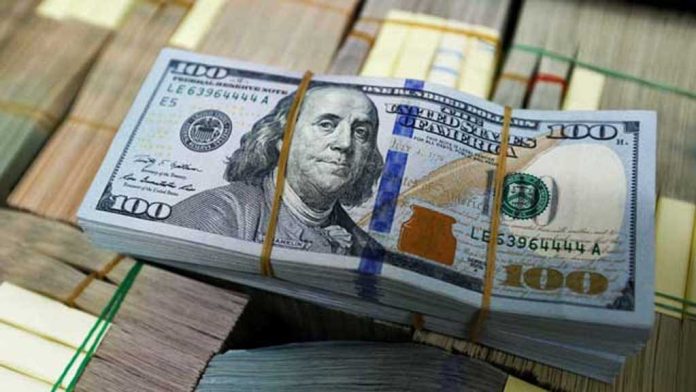As of June 30, Bangladesh’s net foreign currency reserves have reached $16.77 billion, surpassing the $14.7 billion target set by the International Monetary Fund (IMF) under a $4.7 billion loan program. This marks a significant milestone for the country’s economic stability and growth prospects.
The Bangladesh Bank disclosed this data for the first time on Tuesday, with gross reserves standing at $26.81 billion. According to the IMF-approved BPM6 methodology, which subtracts short-term liabilities from gross reserves, the reserves amounted to $21.83 billion. This new methodology has been in use since July 2023, following the IMF’s loan approval in February 2023.
Economist Ahsan H Mansur highlighted that increasing the policy rate or repo interest rate positively impacted the economy. Additionally, there has been a notable increase in remittances over the past few months, with June witnessing the highest remittance flow in several years.
“Reducing import costs while maintaining reserves could lead to inflation. Hence, cutting import expenses isn’t recommended as it drives up prices. The central bank should prioritize safeguarding the livelihoods of ordinary people,” Mansur advised.
On June 27, Bangladesh received the third tranche of $1.15 billion under the IMF loan agreement. Additionally, funds totaling $900 million were received from South Korea, the International Bank for Reconstruction and Development (IBRD), and the Islamic Development Bank (IDB). Consequently, a total of $2.5 billion has been added to the reserves.
Bangladesh’s reserves peaked at $48 billion in August 2021 during the COVID-19 pandemic when imports were stalled. However, post-pandemic economic activities and the Russia-Ukraine war led to a dollar shortage, straining the reserves. In response, the government implemented regulatory measures and sought loans from the IMF to bolster foreign currency supply.
Required Reforms
As a condition of the IMF loan, Bangladesh must undergo several financial and policy reforms, including:
Making the foreign exchange rate market-oriented.
– Lifting the 9 percent limit on the interest rate on bank loans.
– Publishing risk-based asset information of bank loans.
– Publishing the net account of the reserve according to the IMF-approved method BPM6.
– Reducing default loans in the banking sector.
– Developing the capital market.
Exceeding the IMF’s reserve target is a promising sign for Bangladesh’s economy, indicating improved financial stability and the effectiveness of recent policy measures. The central bank’s continued efforts to enhance transparency and implement necessary reforms will be crucial for sustaining this positive trajectory and supporting long-term economic growth.

